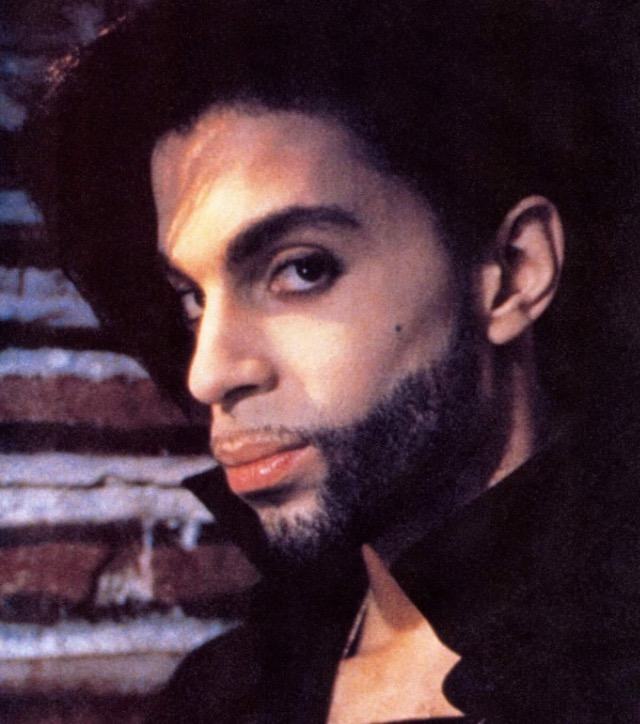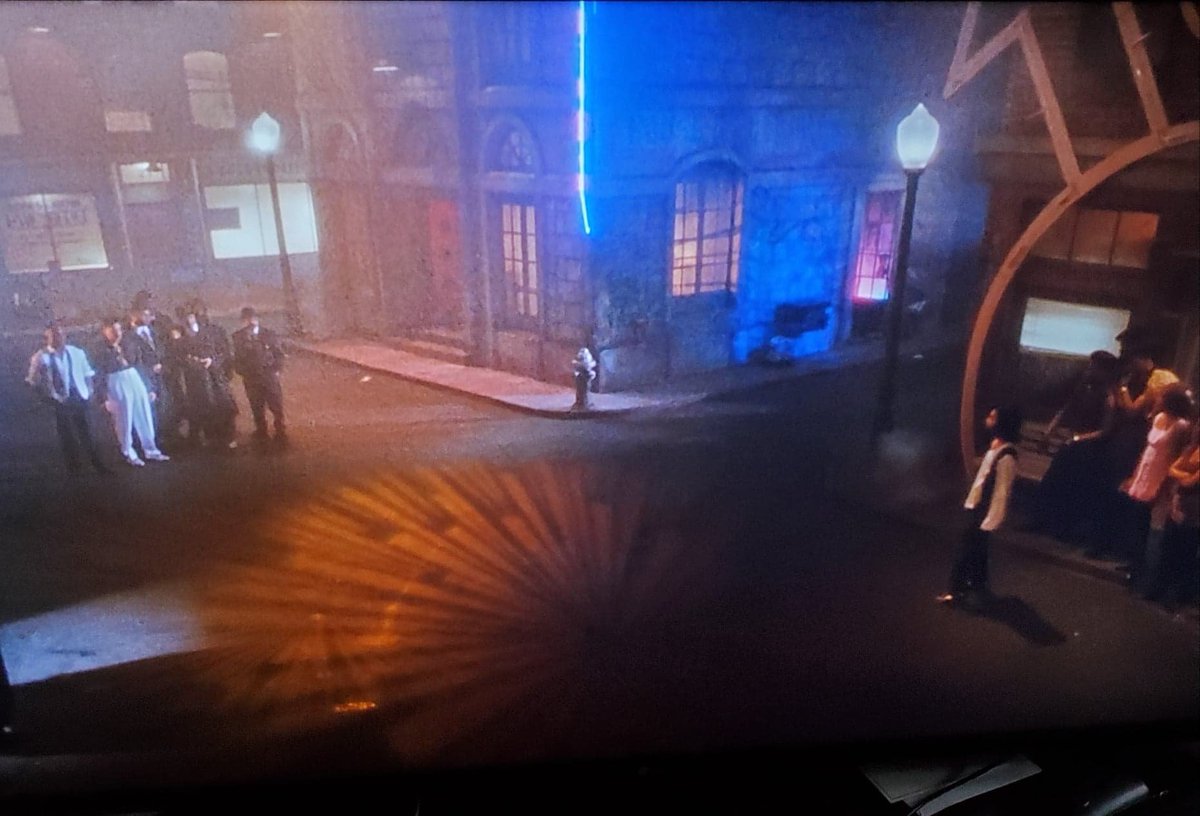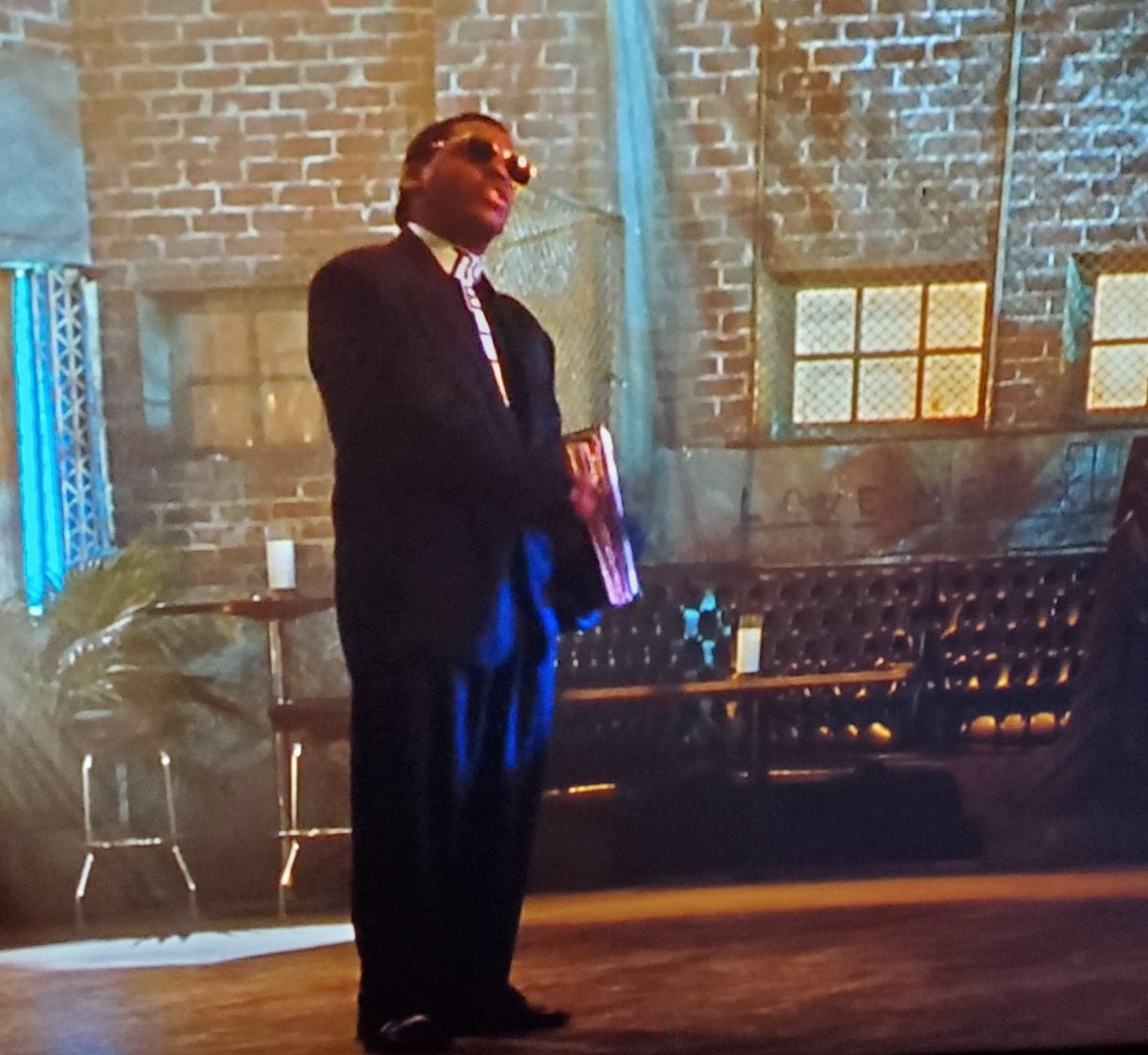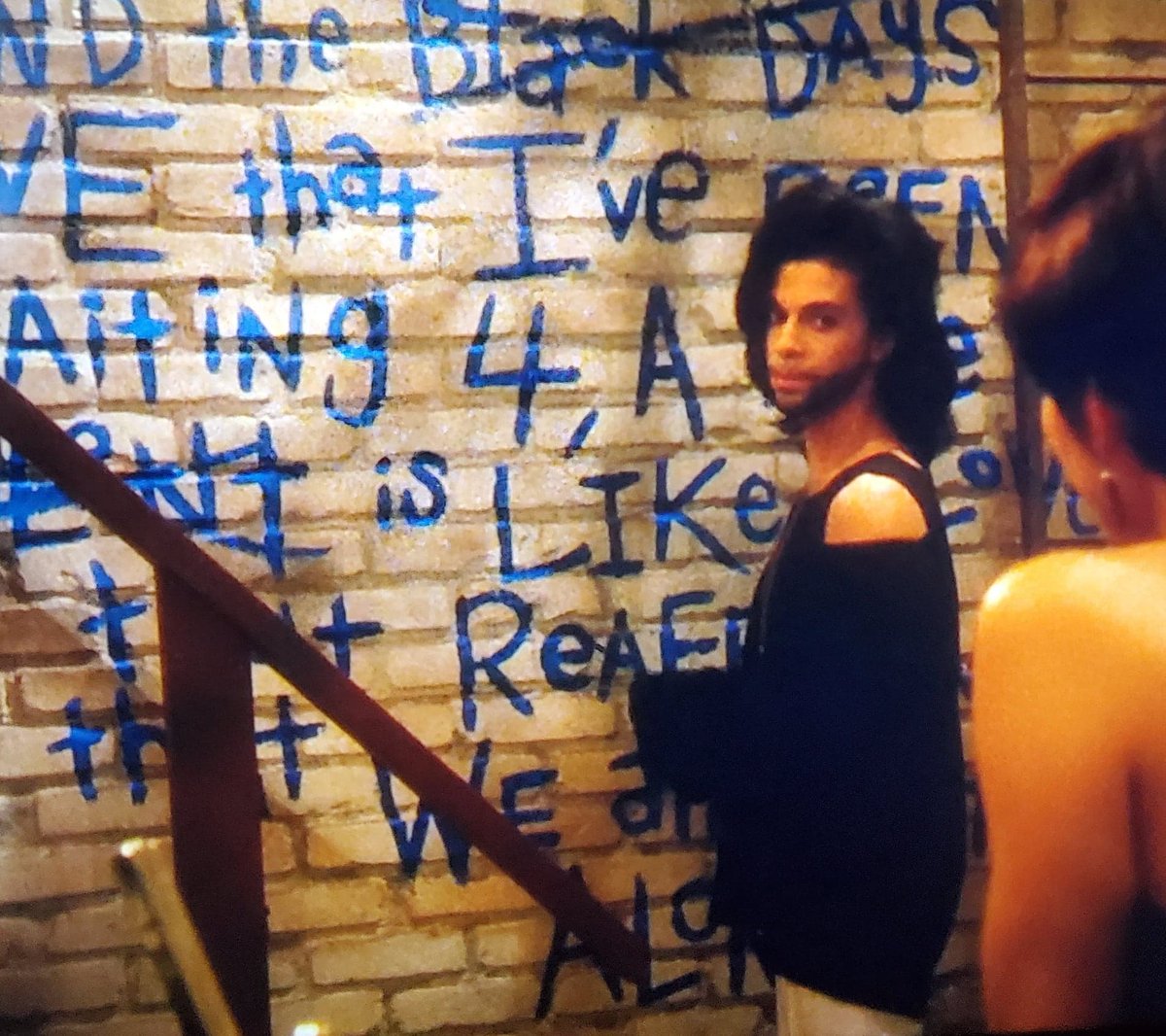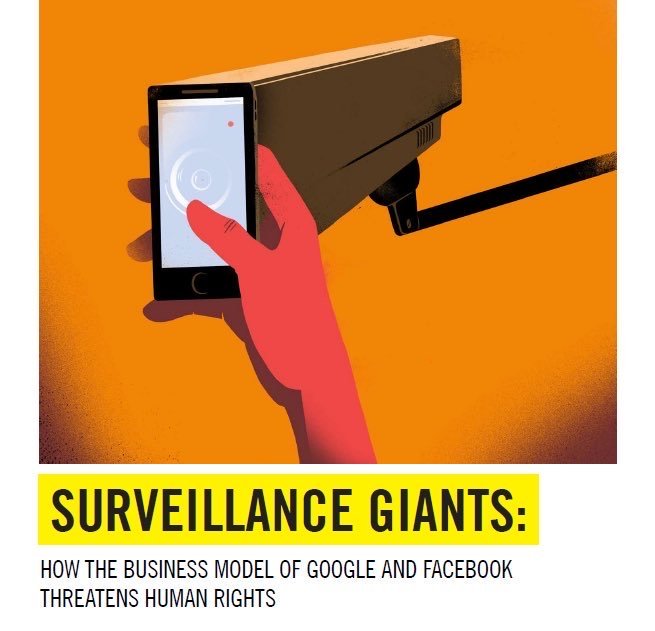Naturally, I have a follow up on #Prince’s “Graffiti Bridge”, which has not one but FOUR nightclubs...
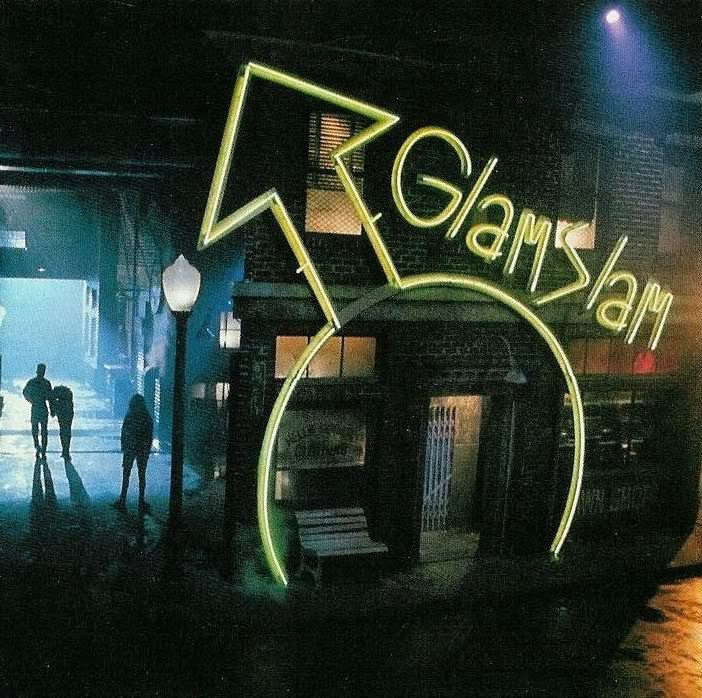
So, another dive into the PCCU (Prince Cinematic Club Universe). I have 18 observations. Get comfortable.
What’s not believable is that all of them be run like trash and still stay open.
Jellybean: Yeah, we need to bust him!
(Psh, drummers. So violent.)
...
Monte: They’re expecting a little crowd tonight. It won’t last though. Ain’t nobody drinking.
Jesse: Yeah, he’ll be lucky if he make $1200.
Later, Jerome reports that George’s place made $19,500 in one night; it was “a killing.” So now we have some sense of the success/fail range in the Prince Cinematic Club Universe:
Bad = 1.2K a night, hugely profitable = 19.5K a night.
A club the size of Glam Slam that serves alcohol but has less than engaging entertainment can’t afford to only make $1200 a night.
One of the pitfalls of clubs is that, because the entertainment rotates, it can be hard to nail down a consistent experience. Retention is part of the game. You have to get people in and you have to keep them in long enough to buy drinks/food.
If you have one good night and 4 bad nights, your good night’s profits have to cover 4 other nights’ losses. Profits are eaten up by underperformers. Keep doing that, and you can ONLY lose money, no matter how good your one good night is.
Yes. You can see people sitting at tables with drinks and a full dance floor.
So money is coming in from drink sales. But…
Now, she may be bad at her job. But...
1. It doesn’t sell enough drinks
2. It has a low bar for service expectations.
3. The boss sleeps with his employees (which even before #MeToo was a problem).
These are all disasters of management.
At the same time that George is playing to a packed house whose audience includes members of Prince’s crew ACROSS THE STREET from Glam SLam, Prince is performing a gospel orgy, “Elephants & Flowers”, to an empty club.
The PCCU version of the NPG has 9 people on stage, more when they’re performing in street battles. That’s a lot of people to pay, even as a house band.
He lives under the stage in Glam Slam. In the spirit of Purple Rain, he continues to dig partial basements, and perhaps, having expressed an affinity for Bela Lugosi characters (see Under the Cherry Moon), Dracula.
Much like Purple Rain, the clubs of the Prince CCU have “fascinating” booking models.
There’s a guy playing guitar on the corner. He doesn’t appear to be busking, which makes sense, since there's an enforcement racket in the area.
RIP cousin, RIP #Prince
